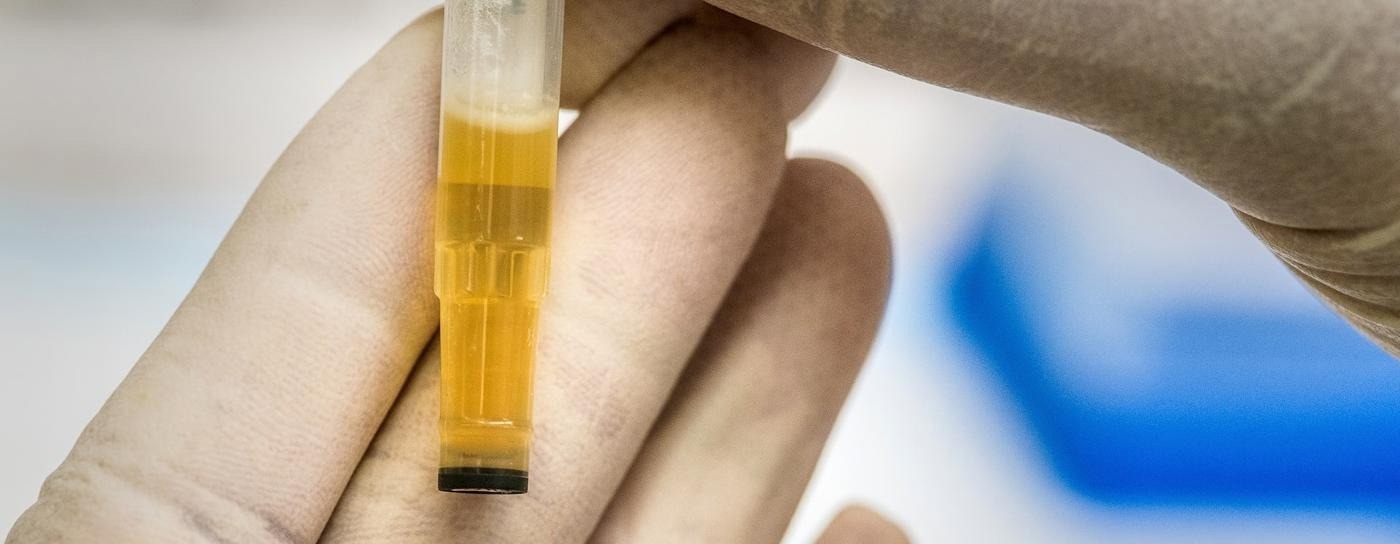A common chemical present in the urine can be utilized to initiate large-scale production of proteins needed by biotech companies, like hormones and antibodies.

Image Credit: University of Birmingham
A system has been created by scientists at the Universities of Birmingham and Aston that employs urea to start the manufacturing of these proteins in the massive amounts required by the biotech industry.
Small pieces of DNA are typically inserted into bacteria like E. coli to urge them to overproduce specific proteins. It is a well-known technology that was created in the 1970s. Overproduction, on the other hand, is often induced by 'inducer' molecules, which can be expensive and frequently necessitate careful treatment, such as refrigeration.
The scientists discovered a process that is less expensive, simpler, and employs readily available ingredients by employing urea instead.
The researchers analyzed both pure urea and urea found in regular garden fertilizers in a new study published in New Biotechnology. They demonstrated that similar findings could be obtained with either source.
Our aim is to make this technology available to biotech companies who want to explore how to optimize their processes and also keep their costs down.”
Steve Busby, Study Co-Author and Professor, School of Biosciences, University of Birmingham
The researchers also demonstrated that by altering the concentrations employed, they could perfect the levels of protein induced by the urea molecule. This is necessary to avoid causing injury or exhaustion to the host bacteria. They discovered that it was possible to optimize production to create quantities comparable to those produced using medium-strength promoters, which are now utilized as standard in the biotech industry.
The research builds on previous work that proved that nitrate, an inexpensive, stable, and plentiful inorganic ion, could also be employed as a trigger. Since nitrate is commonly found in so many commercial fertilizers and even some garden fertilizers, it is always readily available, even in regions where other forms of promoter chemicals may be unavailable.
Both urea and nitrate will be much more readily available, and easy to use, in locations where infrastructure limits access, for example where maintaining a cold supply chain is challenging. We hope these new approaches will open up new avenues of research for biotech industries.”
Dr Joanne Hothersall, Study Co-Author, School of Biosciences, University of Birmingham
Source:
Journal reference:
Hothersall, J., et al. (2022) New vectors for urea-inducible recombinant protein production. New Biotechnology. doi.org/10.1016/j.nbt.2022.10.003.